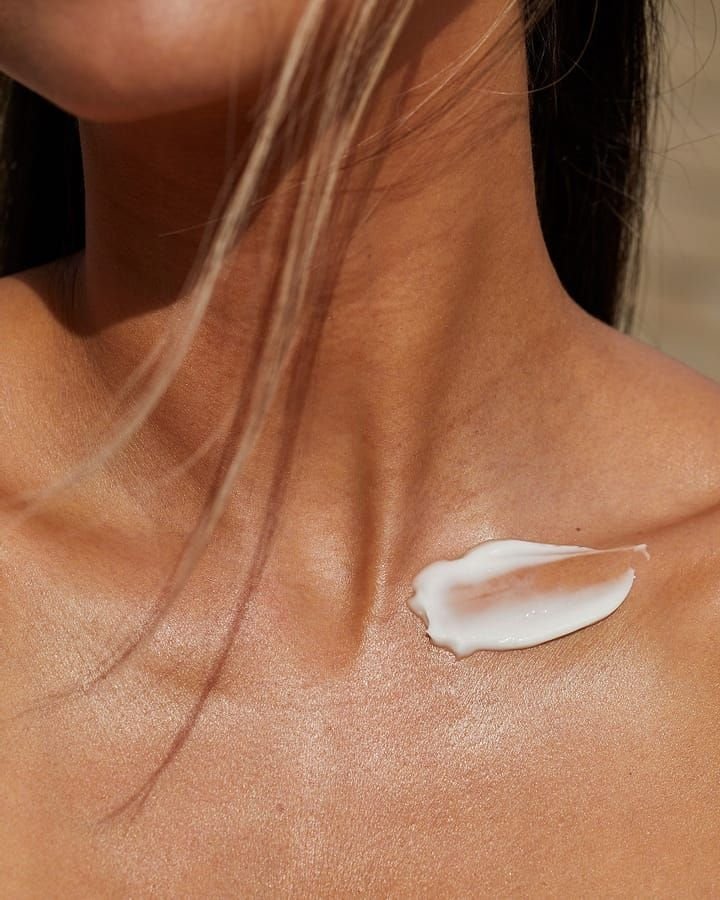Your Skin is Telling You What’s Wrong
Your Skin is Telling You What’s Wrong
By: MC Middleton
Everyone has a unique relationship with their skin. Some have been graced with clear, plump, and smooth skin, while others have struggled with skin conditions starting as early as adolescence. We know that healthy skin can be a hallmark of overall health, however, not everyone knows that conditions such as acne, oiliness, and dryness are indicators of holistic issues that may be happening in the body.
The Issue: Acne.
Acne is a product of many contributing factors including genetics, hormones, diet, stress, and sleep. Though many view acne as an aesthetic issue, it is important to identify (with your doctor!) what is going on inside your body and it may be more serious. A doctor can also prescribe topical treatments that may be better tailored to your specific concerns. In addition to the acne itself, the location of clogged pores serves as a pretty good tool to narrow down the cause of the issue. For example, acne along the neck and chin often signals hormones as the cause. Breakouts on the cheeks point to dirty pillowcases, phone screens, and clogged pores from makeup.
Prevent breakouts and treat existing blemishes by avoiding refined sugars and carbohydrates, staying hydrated, getting plenty of sleep, and seeing your doctor if the issue persists.
The Issue: Dryness.
Though this one may seem intuitive, many immediately attribute dryness to external factors such as weather, especially as temperatures drop. While these are certainly contributing factors, dry skin also reflects dehydration issues. Dryness can be treated by staying hydrated, moisturizing morning and night, investing in a humidifier, and eating foods high in vitamins to support a healthy production of oil to keep skin glowing.
The Issue: Oily Skin.
Oiliness, like acne, can be a genetic, hormonal, and diet-related issue. Make sure to use products labeled as “non-comedogenic,” a good toner, and a daily moisturizer to keep your skin from overcompensating with sebum.
As always, consult with a dermatologist regarding skin concerns.
Sources:
The American Academy of Dermatology
The American Academy of Dermatology
Adult female acne: a guide to clinical practice*
For more tips on skin, beauty, and health, follow along at @um.squaremagazine on Instagram umsquaremagazine.com.
All images belong to their respective owners.



